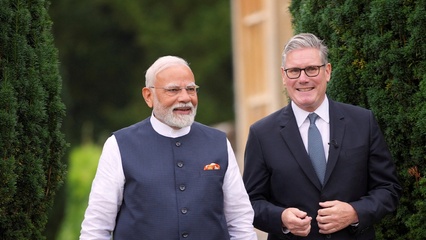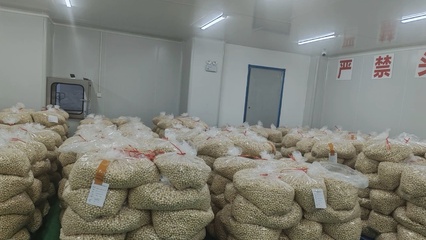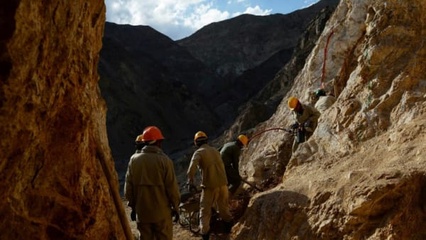UK firms chase $38bn India contracts but challenges loom

AUG 13 - A standout feature of the India-UK free trade agreement signed last month was the Narendra Modi government's decision to open India's vast Kenya breaking news | Kenya news today |..
✨ Key Highlights
The India-UK free trade agreement, signed last month, opens India’s vast government procurement market to UK suppliers, offering access to 40,000 high-value tenders worth £38bn. This unprecedented move allows UK businesses to bid in strategic sectors previously protected from foreign competition.
- UK firms from now on can supply to the Indian government even if they have only 20% domestic input, allowing sourcing of up to 80% of parts from other countries.
- Trade experts at the Global Trade Research Initiative (GTRI) highlight the agreement's significance, stating it sets a new benchmark for opening the Indian market.
- However, challenges such as preferential treatment for Indian Class-I suppliers, higher pricing by UK companies, and India's legacy issues of delayed payments and difficult contract enforcement, ranked 163 out of 190 in contract enforcement by the World Bank in 2020, loom for UK businesses.
Continue Reading
Read the complete article from Capital Business
Part of the Day's Coverage
Australia Challenges China's Rare Earths Supply as UK Enters Indian Market and Kenya Exports to China - August 2025
Australia is investing heavily with a billion-dollar loan to mining company Iluka Resources to challenge China's dominance in the global supply chain for rare earth minerals. This move aims to create an alternative source for materials essential for electric vehicles and defense equipment. In another major trade development, the India-UK free trade agreement has opened India’s government procurement market to UK suppliers. This provides UK businesses access to 40,000 high-value tenders worth £38bn in previously protected sectors. Separately, Kenya successfully exported 54 tons of macadamia nuts to Hunan, China. This shipment is part of a government initiative to boost exports and is the first batch of an expected 2,000 tons by the end of 2025.


